Age-dependent degeneration of mature dentate gyrus granule cells following NMDA receptor ablation Yasuhito Watanabe, Michaela K. Müller, Jakob von Engelhardt, Rolf Sprengel, Peter H. Seeburg and Hannah Monyer
| Erscheinungsform: | Aufsatz |
| Autor/Urheber: | |
| Beteiligte: | - Müller, Michaela
- Engelhardt, Jakob von
- Sprengel, Rolf
- Seeburg, Peter H.
- Monyer, Hannah
|
| Umfang: | 10 Illustrationen |
| Anmerkungen: | Gesehen am 10.06.2020 |
| Identifikatoren/Sonstige Nummern: | 1700301128 [PPN] |
| In: | Lausanne : Frontiers Research Foundation, 2008 8(2016) Artikel-Nummer 87, 10 Seiten volume:8 year:2016 extent:10 |
| Inhalt: | - N-methyl-D-aspartate receptors (NMDARs) in all hippocampal areas play an essential role in distinct processes of memory formation as well as in sustaining cell survival of postnatally-generated neurons in the dentate gyrus (DG). In contrast to the beneficial effects, over-activation of NMDARs has been implicated in many acute and chronic neurological diseases, reason why therapeutic approaches and clinical trials involving receptor blockade have been envisaged for decades. Here we employed genetically engineered mice to study the long-term effect of NMDAR ablation on selective hippocampal neuronal populations. Ablation of either GluN1 or GluN2B causes degeneration of the DG. The neuronal demise affects mature neurons specifically in the dorsal DG and is NMDAR subunit-dependent. Most importantly, the degenerative process exacerbates with increasing age of the animals. These results lead us to conclude that mature granule cells in the dorsal DG undergo neurodegeneration following NMDAR ablation in aged mouse. Thus, caution needs to be exerted when considering long-term administration of NMDAR antagonists for therapeutic purposes.
|
| URL: | https://doi.org/10.3389/fnmol.2015.00087 |
| Weiter im Partnersystem: | https://swb.bsz-bw.de/DB=2.1/PPNSET?PPN=1700301128 |


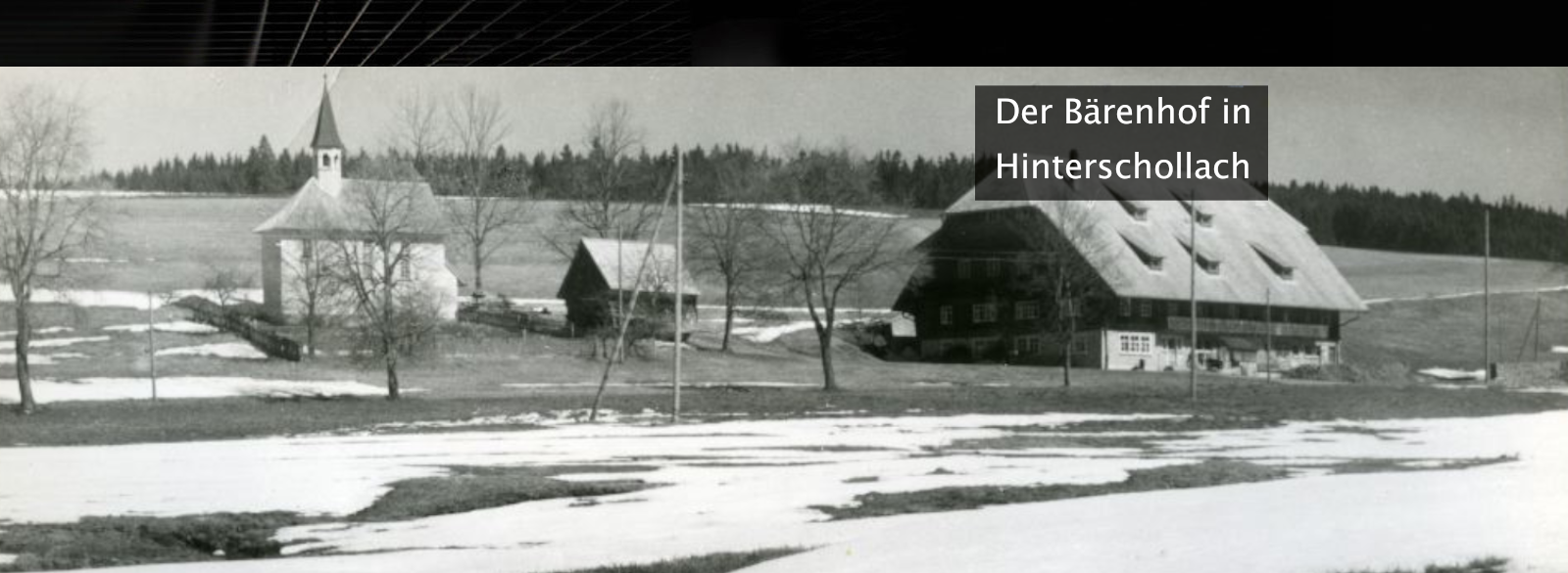


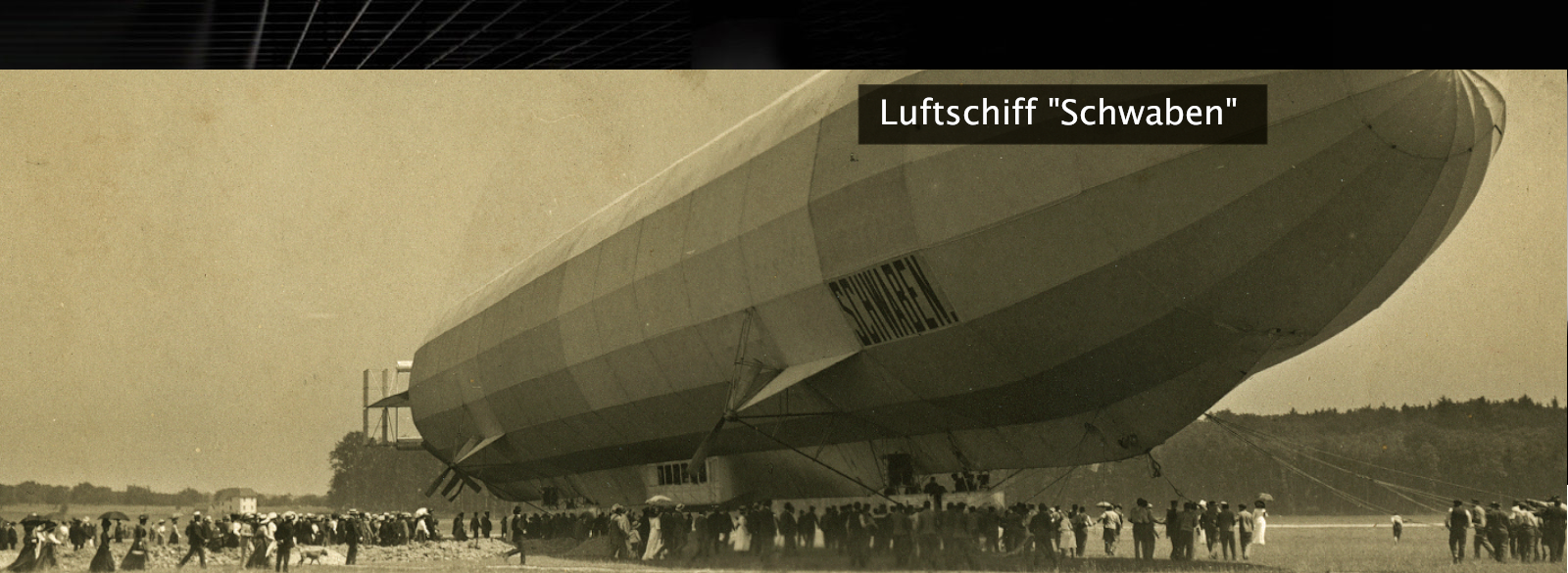
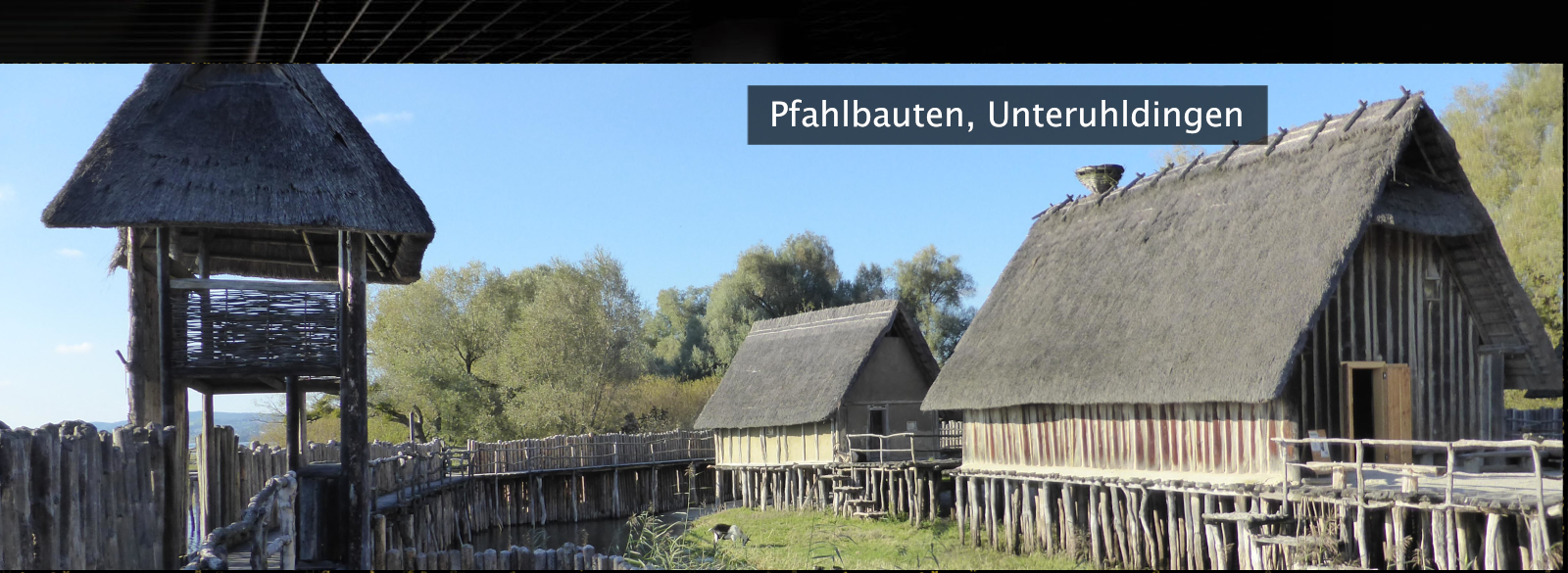
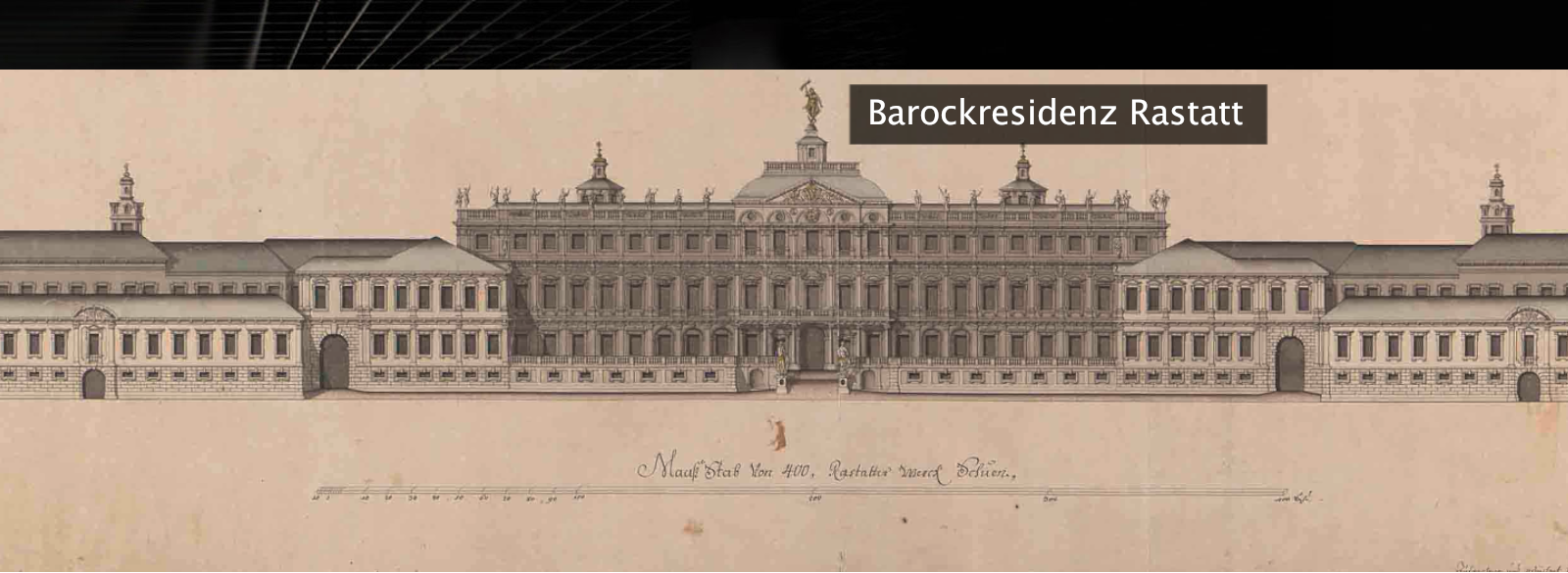

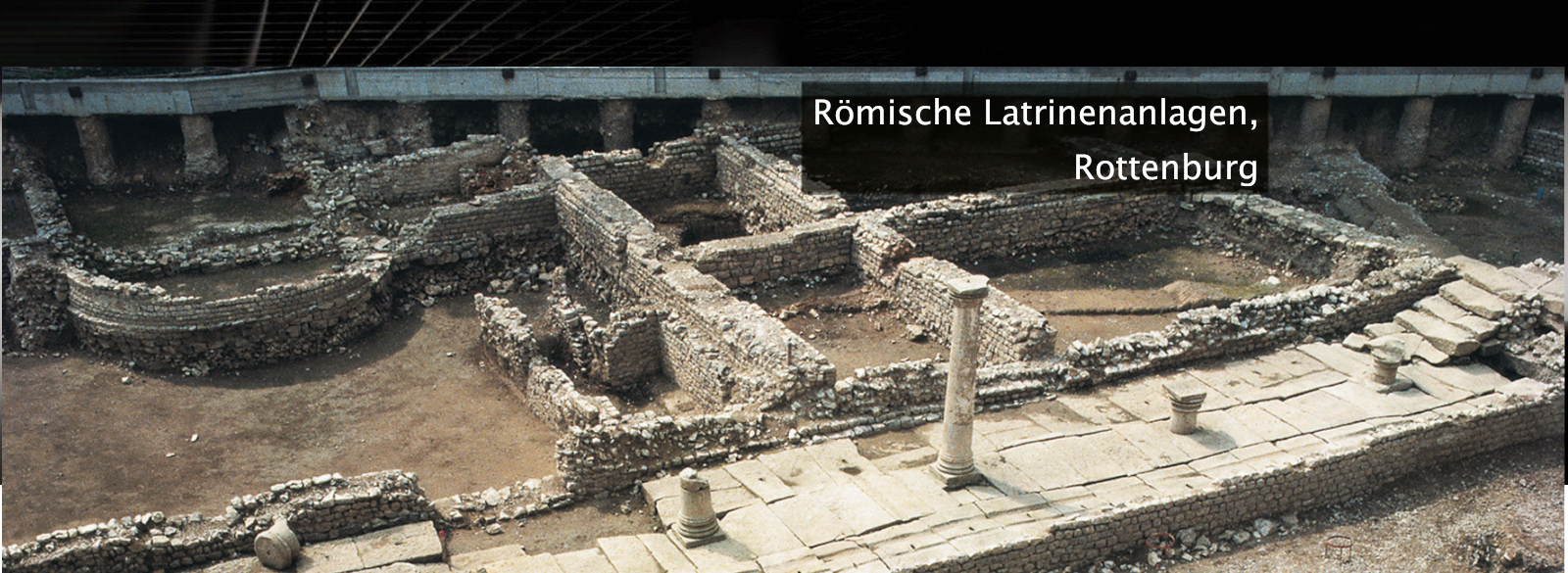

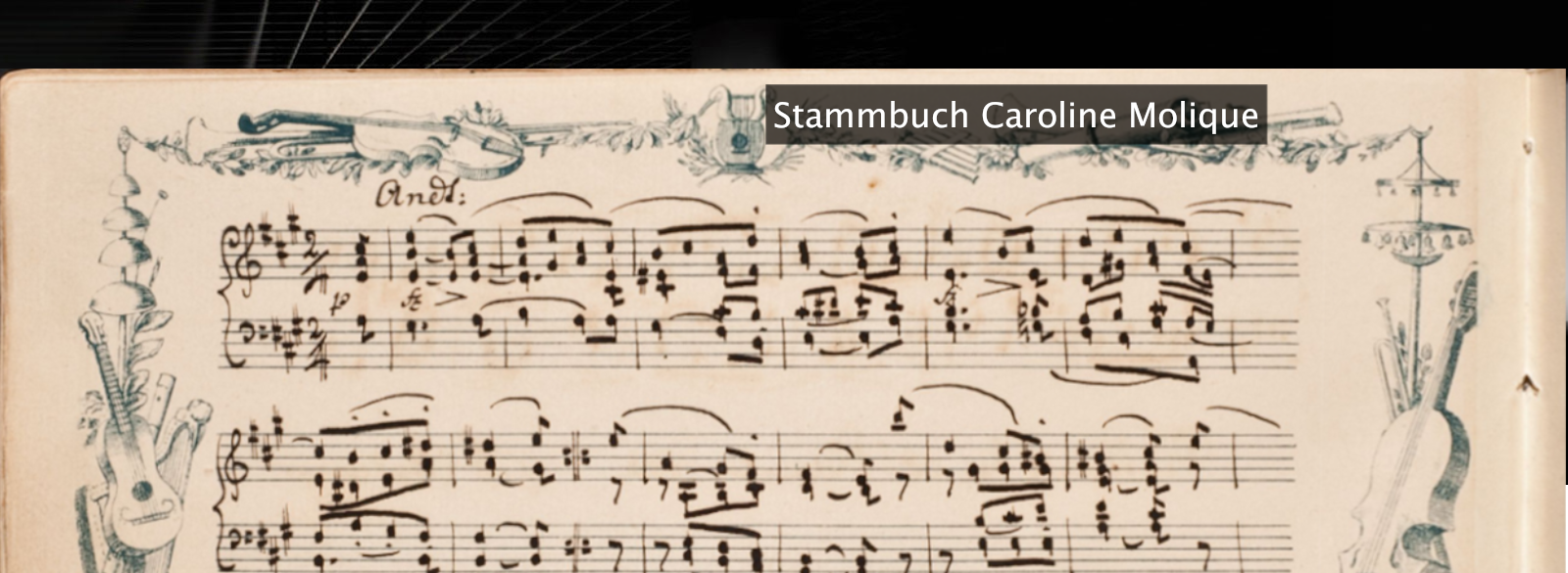
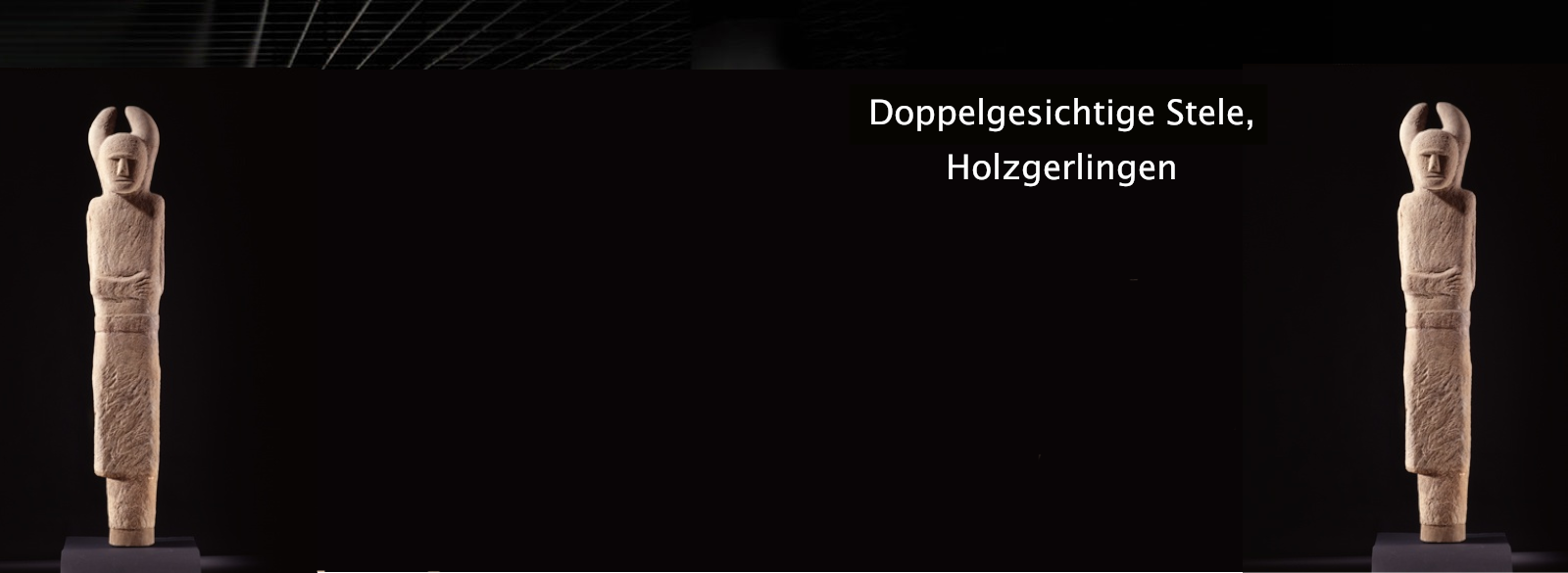
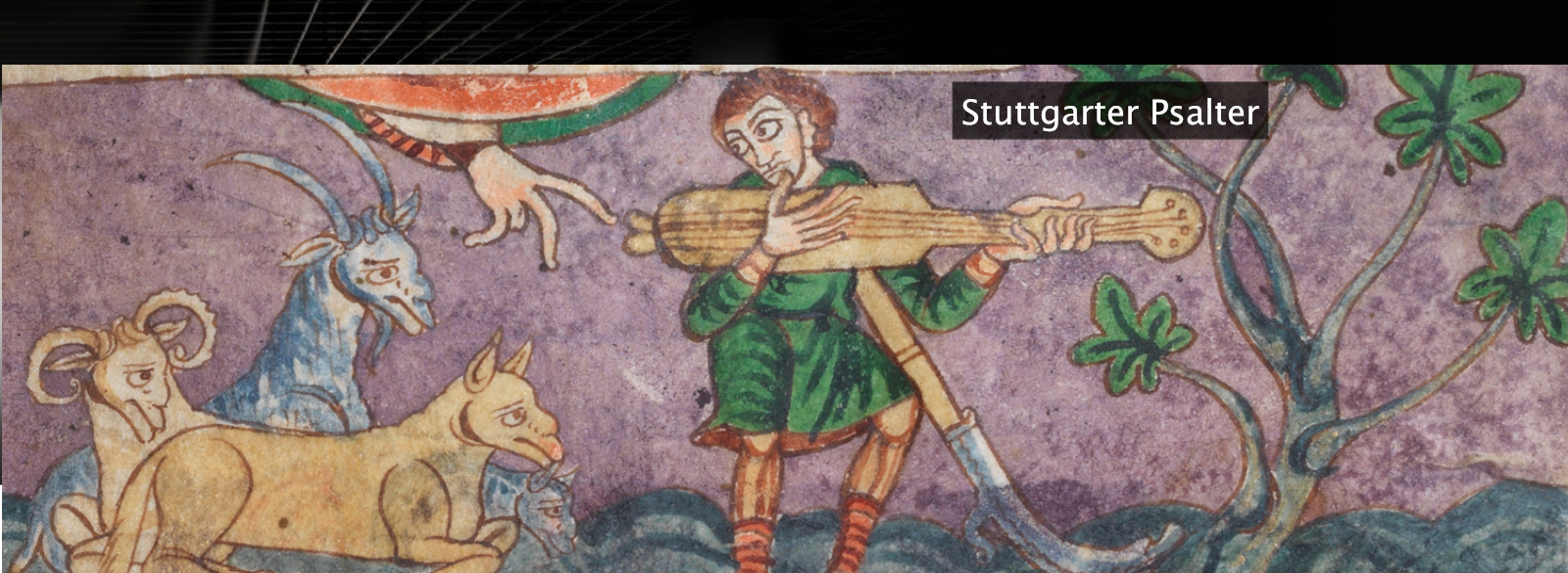


 leobw
leobw